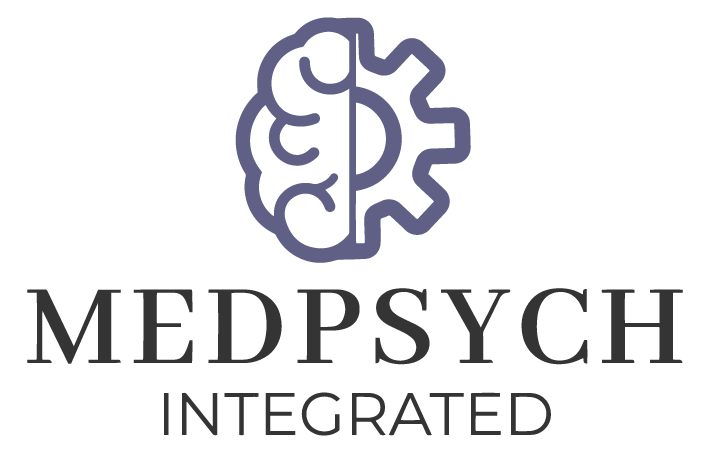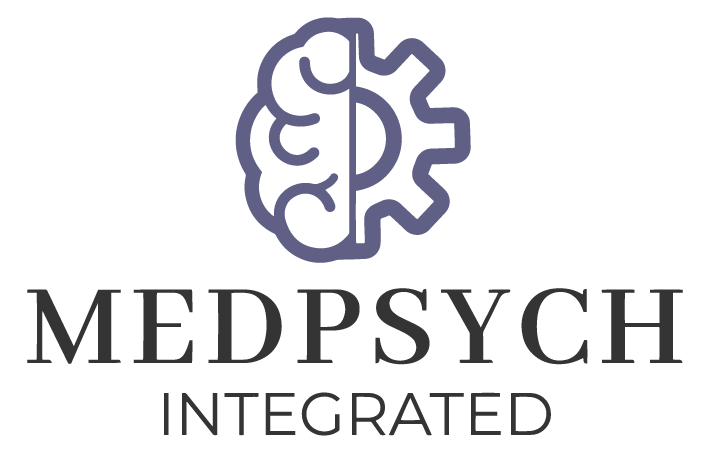Anxiety
Generalized Anxiety Disorder (GAD) is characterized by intense feelings of fear and doom. These feelings persist and take place all in a short period of time. This type of excessive worry can be about a number of different things. People with GAD may anticipate disaster and may be preoccupied about money, health, family, work, or other issues. Anxiety can be triggered in someone by a political discussion or even just watching the news. However, a simple “stressor” or fear of embarrassment from making a loud noise while entering a crowded room is not a “disorder.”

Individuals with GAD find it difficult to control their worry. If you are preoccupied more than seems warranted about actual events or are recurrently expecting the worst, and this goes on for 4-6 months, you might want to talk to your doctor.
GAD affects 6.8 million adults, or 3.1% of the U.S. population, in any given year. (Mayo Clinic) Women are twice as likely to be affected. The disorder comes on gradually and can begin and end and start again through one’s life, though the risk is highest between childhood and middle age. Although the exact cause of GAD is unknown, there is evidence that biological factors, family background, and life experiences, particularly stressful ones, play a role (WebMD).
Generally, all anxiety disorders relate to a difficulty tolerating uncertainty. It's not uncommon for many people with GAD to try to obsessively plan in an effort to control situations. Many actually believe that their worry prevents bad things from happening and view it too risky or imprudent to give up worry. At times, people can struggle with the onset of physical symptoms such as stomachaches, headaches and insomnia.
Additional Physical Symptoms:
- Cold, sweaty hands
- Shortness of breath
- Numbness or tingling in the feet or hands
- Heart palpitations
- Dry Mouth
- Nausea
- Muscle Tension
- Fatigue
Symptoms of Generalized Anxiety Disorder:
- Feeling restless, wound-up, or on-edge
- Obsessive thoughts
- Inability to stay calm
- Having difficulty concentrating
- Having your mind “go blank”
- Being easily irritable
- Having muscle tension
- Difficulty controlling feelings of worry
- Having sleep problems, such as difficulty falling or staying asleep, restlessness, or unsatisfying sleep
- Repeated thoughts of traumatic experiences
- Ritualistic behaviors such as washing hands
What is a compulsion?
A compulsion consists of repetitive behaviors or mental thought processes that come as a response to a person’s obsessive thoughts about a specific person, situation, or activity.
With the right treatment plan, anxiety levels become mild to moderate and people with GAD can function socially, have full and meaningful lives, and be gainfully employed. Many with GAD may avoid situations because they have the disorder or they may not take advantage of opportunities due to their worry (social situations, travel, promotions, etc). Some people can have difficulty carrying out the simplest daily activities when their anxiety is severe. Medication can help alleviate these symptoms so you can enjoy the people around you and find an inner stillness inside you.
Our team's expertise and caring nature is the recipe for success in each patient's path to mental wellness and recovery. You can rest assured our Raleigh Psychiatr15ist and mental health providers at Medpsych Integrated will help you improve the quality of your life.
Cary Location:
1110 SE Cary PKWY
Suite 207
Cary, NC 27518
Phone: 919-582-7272
Fax: 833-941-3156


Raleigh Location:
7780 Brier Creek Parkway
Suite 306
Raleigh, NC 27617
Phone: 919-582-7272
Fax: 833-941-3156


Psychiatrist in Raleigh - Medication Management - Psychiatric Evaluations - Accepting New Patients
The content on this website is for general information and educational purposes only, and is not intended to substitute professional services.



